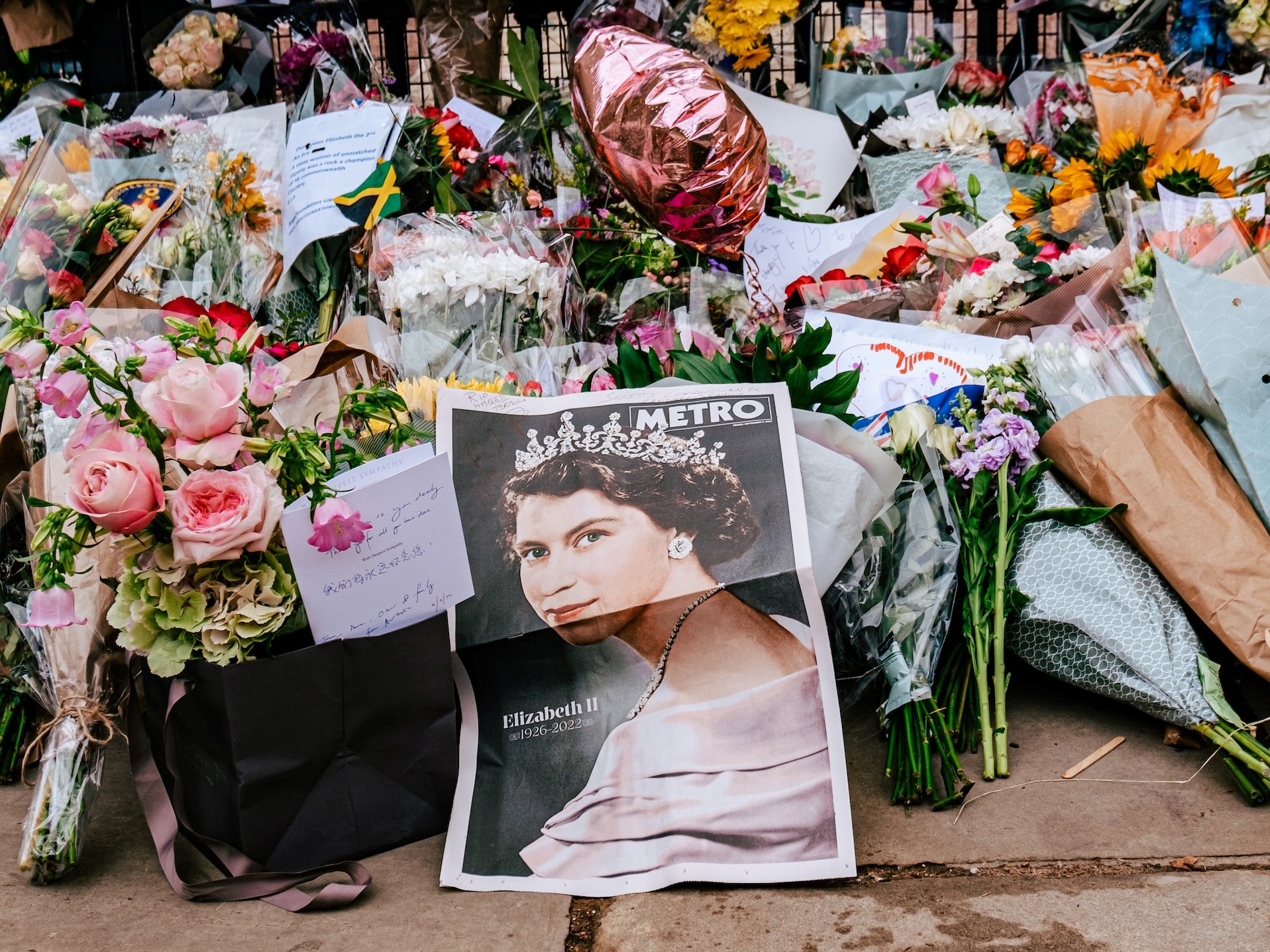The Queen’s Legacy

This Dvar Torah on Parashat Ki Tavo was written by the Chief Rabbi of the United Kingdom Ephraim Mirvis in tribute to the legacy of Her Majesty Queen Elizabeth II and published in israelnationalnews.com

Photo by Samuel Regan-Asante on Unsplash
Our souls live forever. There is a hint to this at the commencement of Parshat Ki Tavo.
There the Torah gives us the mitzvah of bikkurim – of farmers given the imperative to bring their first fruits, the choice products of their yield to the temple in Jerusalem.
“Vehaya ki tavo el haaretz” – “It shall come to pass when you come to the land,”
“Asher Hashem Elokeicha notein lecha nachala.” – “a land within which God gives you an everlasting portion.”
The Or HaChaim HaKadosh points out that the term ‘eretz’ – usually translated as land – can also refer to paradise. Therefore, he reads a very deep and profound message emerging from this. This is how the Or HaChaim HaKadosh reads it:
“Vehaya ki tavo el haaretz” --“And it shall come to pass when your souls reach paradise,”
“Asher Hashem Eilokeicha notein lecha nachala.” – “A place within which God gives you an everlasting portion of life.”
And what will be the first thing required of you when you arrive in paradise?
To bring your bikkurim-- to display the fruits of your labours, the positive consequences of all of your outstanding deeds on earth.
Sadly, at this very moment we are mourning the sad loss of our most wonderful, magnificent and beloved Queen Elizabeth II. At this very moment, having gone to her eternal rest, in Heaven she is displaying her bikkurim, the fine choice fruits of her most wonderful labours.
The term ‘nachala’ does not only refer to an everlasting portion in paradise.
‘Nachala’ also means ‘inheritance’ for people on earth. It refers to the legacy that a person leaves behind.
Therefore, we have a responsibility, mindful of the extraordinary role model that the Queen has been for us all, showing us how important it is to be selfless, to be committed, to be dedicated in service of other people.
We need to internalize those values and guarantee that everything she stood for will continue to live within us and all of our society.
If we achieve that, we will guarantee ‘shetehi zichra baruch’ – that the memory of this most outstanding and extraordinary person will be for an eternal blessing.
Shabbat Shalom




